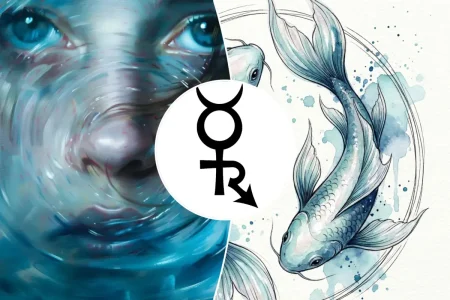The anticipation of starting a family often brings a flurry of joyous preparations and exciting decisions. However, for one 29-year-old woman, the journey toward parenthood has been unexpectedly punctuated by a peculiar and increasingly contentious debate: the name her mother wishes to be called by her future grandchildren. While seemingly a trivial matter, this disagreement has become a point of escalating tension between the woman, her mother, and even other family members. The mother’s insistence on the unconventional moniker “Honey” has sparked a heated discussion, revealing underlying dynamics and challenging the traditional norms of family roles and expectations.
The heart of the conflict lies in the mother’s staunch refusal to embrace conventional grandparent names like “Grandma” or “Nana.” She has declared her intention to be called “Honey” by her future grandchildren, a decision her daughter finds deeply unsettling and even cringeworthy. The daughter’s discomfort stems from multiple factors. Firstly, the mother already uses “Honey” as a term of endearment for her son-in-law, creating an awkward overlap and potential for confusion. Secondly, the daughter feels that the name is simply unsuitable for a grandmother, lacking the gravitas and warmth typically associated with such a role. This difference in perception highlights the emotional weight attached to names and titles, particularly within the familial sphere. The daughter’s apprehension also reflects a broader societal understanding of grandparent roles, traditionally associated with specific titles carrying their own cultural significance.
The conflict extends beyond a mere difference in taste. The mother’s unwavering insistence on “Honey” and her dismissal of any alternative suggestions has created a power struggle within the family. The mother believes that as the future grandmother, she has the sole right to choose her title, disregarding her daughter’s discomfort and concerns. This assertion of authority has further strained the relationship, creating an environment of tension and resentment. The daughter, on the other hand, feels her preferences are being disregarded, highlighting the complex interplay of expectations and boundaries within families as they navigate evolving roles and responsibilities.
Adding another layer to the conflict is the fact that the woman is not yet pregnant. This preemptive nature of the disagreement has fueled the fire, with some family members and online commentators viewing the debate as premature and unnecessary. They argue that the children themselves should have a say in what they call their grandmother, and that the issue should be addressed when the grandchildren are actually present. However, the mother’s proactive stance and her insistence on using “Honey” even when interacting with the family dog suggests a deep-seated desire to claim this particular title, further highlighting the symbolic importance she attaches to it.
The woman’s attempt to seek external validation and advice on the online platform Reddit underscores the emotional toll the conflict has taken. The responses she received mirrored the divided opinions within her own family. Some users empathized with her discomfort and suggested she firmly stand her ground, while others advised her to let her mother have her way, emphasizing the relative insignificance of the name compared to the joy of having grandchildren. This range of opinions reflects the diverse perspectives on grandparent roles and the complexities of navigating family dynamics.
The incident also sheds light on the evolving dynamics of modern families. The traditional hierarchy, where the older generation dictates terms, is being challenged by younger generations who feel empowered to voice their opinions and preferences. This shift in power dynamics often leads to friction, as seen in the present scenario where the daughter is actively resisting her mother’s imposed choice. The situation also highlights the challenges of balancing individual desires with familial expectations, especially when it comes to navigating the nuances of intergenerational relationships. The mother’s attempt to preemptively claim the “Honey” title represents a clash between traditional expectations of grandparental roles and the daughter’s assertion of her own agency in shaping her future family dynamics. This ongoing debate reflects the broader societal shift in family structures and the negotiation of power within them, particularly as new generations step into parenthood.















